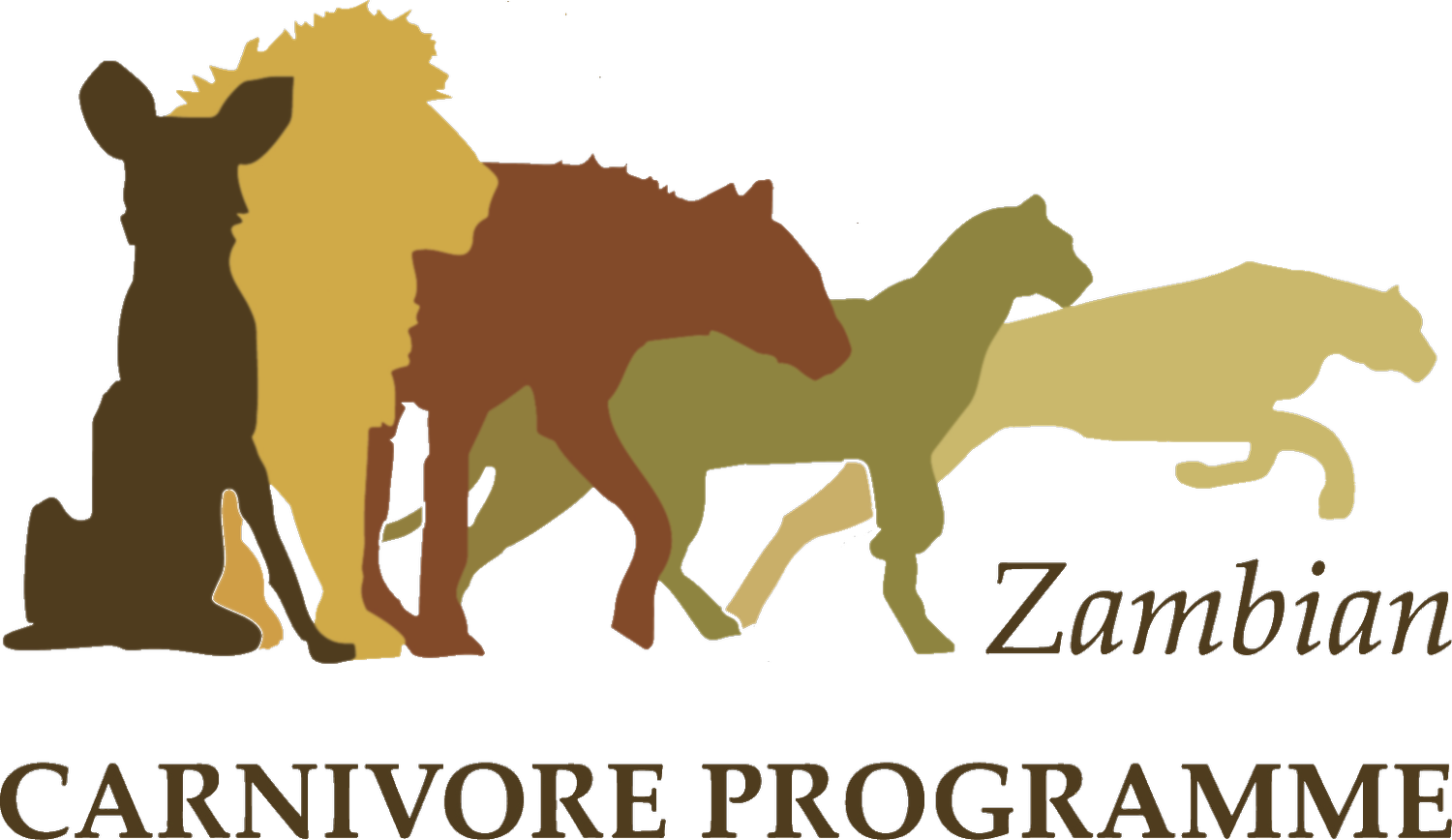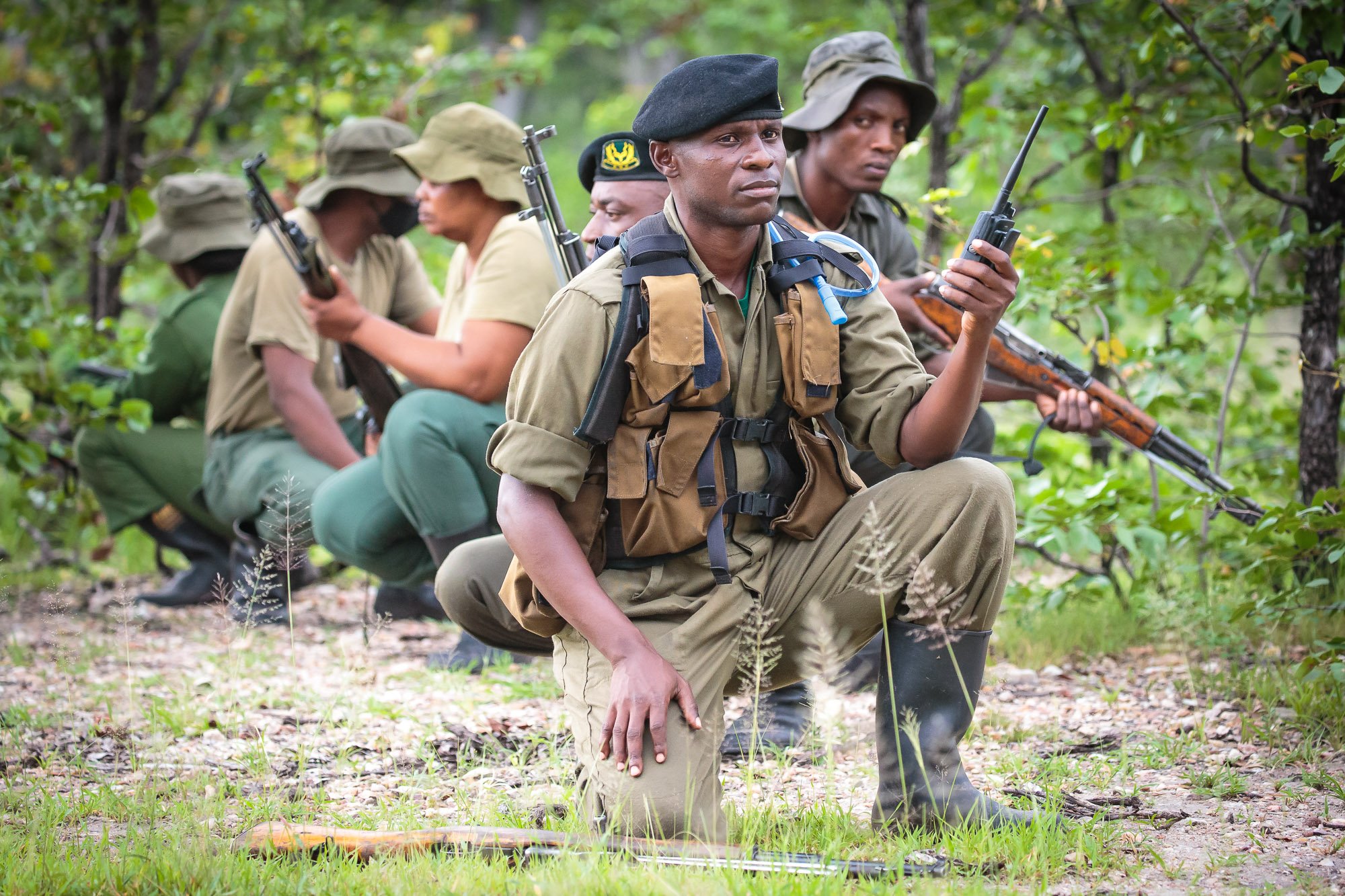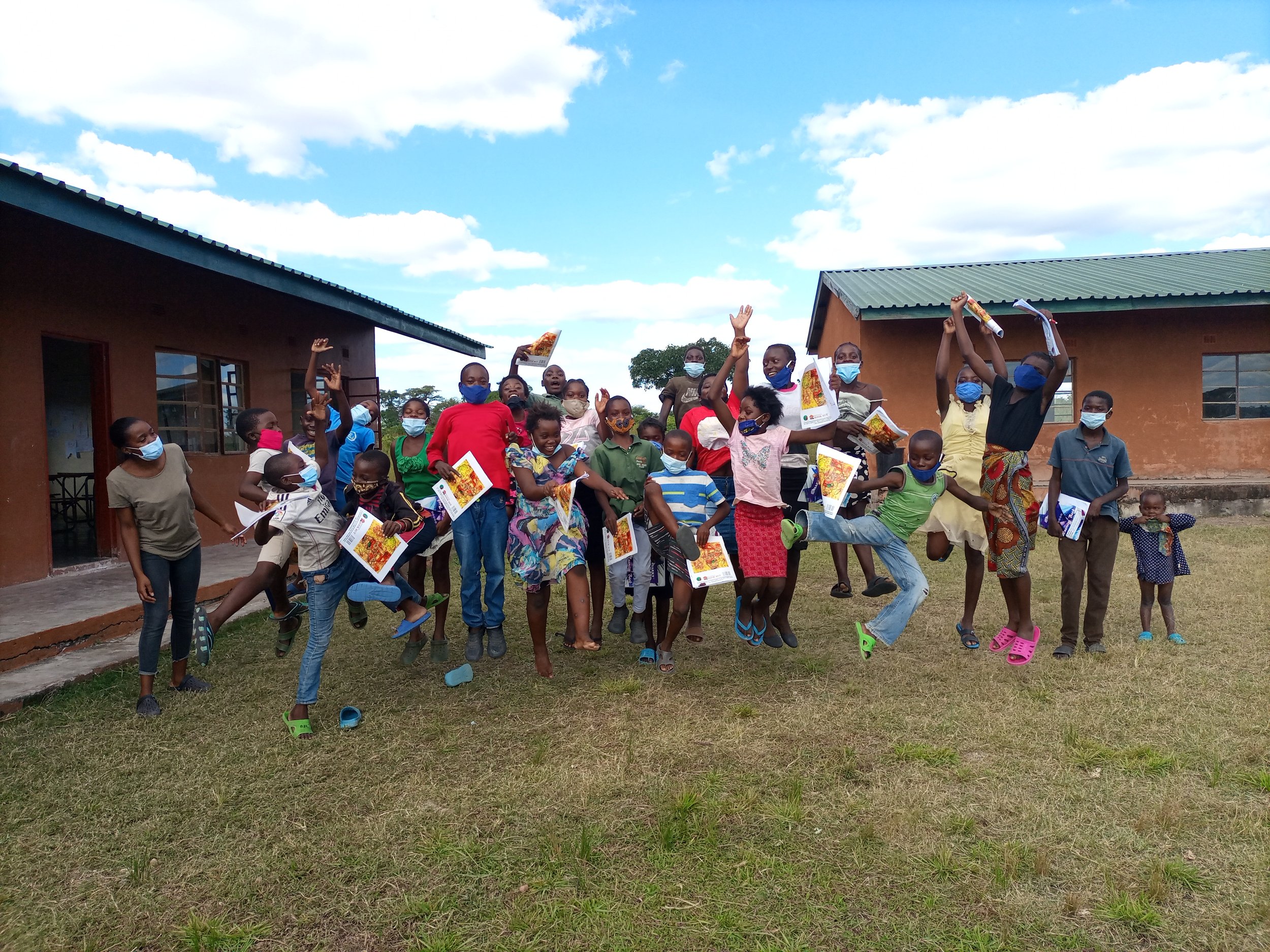Applied Adaptations in Teamwork, Resilience, and Innovation During a Global Pandemic Deliver Successful Conservation Impacts Across Three Ecosystems in Zambia
By: Dr. Matt Becker - ZCP CEO
As the largest pandemic in our lifetime roared through the world and eventually landed in Zambia, it had the real potential of disrupting and ultimately undoing the conservation gains Zambian Carnivore Programme (ZCP) and Conservation South Luangwa (CSL) in collaborative partnership with Zambia’s Department of National Parks and Wildlife (DNPW) had collectively made over the last decade. In response we pivoted quickly with the support of the European Union through IUCN Save Our Species to employ our unique brand of teamwork, local capacity building, resilience, and innovation that allowed us to adapt to the new normal and keep moving forward.
To secure Zambia’s threatened large carnivore populations, their prey and habitat we employed a three-pronged approach that focused on 1) Fighting wildlife crime, 2) Field-based protection and human-carnivore coexistence, and 3) Capacity-building for community-based conservation. Significant progress was made towards achieving the overall objectives and the majority of objectives were achieved across the three target ecosystems – the Luangwa Valley, the Greater Kafue Ecosystem and the Greater Liuwa Ecosystem.
Anti-poaching foot patrols and K9 operations increased in quantity and scope during the project period, with units making significant increases in wildlife crime arrests and contraband seizures. On the ground intensive monitoring and field-based protection of large carnivores continued successfully by ZCP field teams, and valuable weekly locations were provided to the CSL DNPW control room to enable informed patrol deployments in areas of high risk and high use by carnivores. As a result of the project’s multi-faceted approach, Zambia’s threatened wild dog, lion, cheetah and leopard populations were largely protected from illegal killings including an array of poaching methods such as shooting, snaring, and poisoning. This translates into a significant decrease in illegal deaths for carnivores across three ecosystems which comprise the majority of Zambia’s large carnivore populations.
Figures 1 and 2: CSL anti-poaching foot patrols deploy in South Luangwa National Park and surrounding Game Management Areas (Photo Credit: Eric Njobvu/CSL Zambia)
Figure 3: CSL’s K9 operations during one of their daily trainings (Photo Credit: Eric Njobvu/CSL Zambia)
Over the course of the past 3 years, we observed an increase in Human-Carnivore Conflict (HCC) in the Luangwa Valley, likely due to an increase in the number of livestock being raised in proximity to carnivore strongholds. The formation of an HCC working group involving all key stakeholders that meets quarterly is one step we have taken towards achieving our goal of coexistence by bringing together local leadership to explore ways of mitigating conflicts together. Further, we continued to expand the country’s first human-lion conflict mitigation programme in the Luangwa with extensive sensitisation work and the training and use of aversive conditioning equipment in affected communities. This has resulted in a shift in the pattern of conflict, which shows that deterrents are working, and indicates a need for further outreach. A new programme has been started in Liuwa which has developed a community compensation fund scheme and is preparing to distribute aversive conditioning tools. We hope to demonstrate that with concerted effort, people and carnivores can co-exist.
Figure 4: ZCP HCC Officer, Dennis Zimba and Copperbelt University student introduces cow bells to farmers for aversive conditioning (Photo Credit: Eric Njobvu/ZCP Zambia)
With decades of bio-monitoring data as part of what we believe now constitutes the world’s largest field-based carnivore project, we continued our intensive monitoring of an average of 984 individually-identifiable and known-age large carnivores across approximately 34,500km2. We completed the first comprehensive study on the impacts of the illegal bush meat trade on the large African carnivore and herbivore guild. We worked with DNPW to provide the core conservation science that went into the development of the National Conservation Strategies and Action Plans for Lion and Leopard and the Liuwa Plain National Park Predator Management Plan.
Figure 5: Johanne Mayems, Conservation Biologist Training Programme trainee, monitors carnivores in the Greater Kafue Ecosystem (Photo Credit: Stephi Matsushima/ZCP Zambia)
Despite the challenges of the pandemic, which restricted school programmes and public gatherings, we were still able to provide strong capacity-building and community support during our partnership with SOS. In some cases, such as radio shows, community clean sweeps, community game drives, and all of our training programmes (Conservation Biologist, Women in Wildlife Conservation, Wildlife Vet Training Programmes) we actually learned ways and found opportunities to improve our impact.
Figure 6: Mukambi’s Conservation club students having fun with our education team from our Kafue project (Photo Credit: ZCP Zambia)
Figure 7: Community members pick up litter and snares in the Lupande Game Management Area as a part of our Clean Sweeps initiative (Photo Credit: Eric Njobvu/ZCP Zambia)
Figure 8: Community Game Drive participants watching a male lion in South Luangwa National Park (Photo Credit: Eric Njobvu/ZCP Zambia)
This publication was produced with the financial support of the European Union through IUCN Save Our Species. Its contents are the sole responsibility of Zambian Carnivore Programme and Conservation South Luangwa and do not necessarily reflect the views of IUCN or the European Union.









